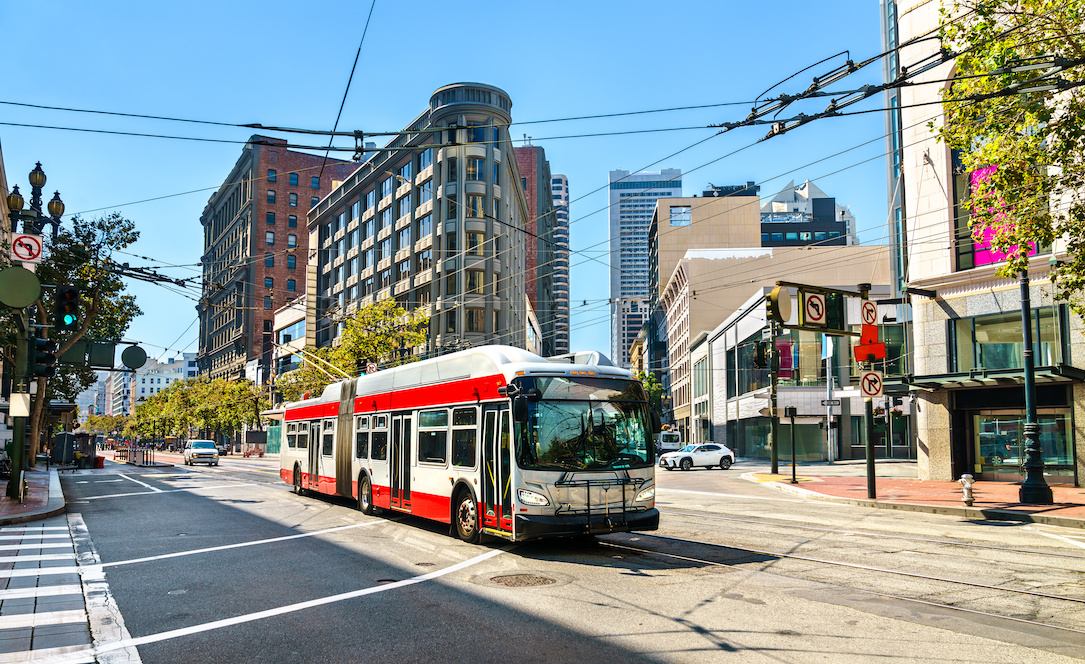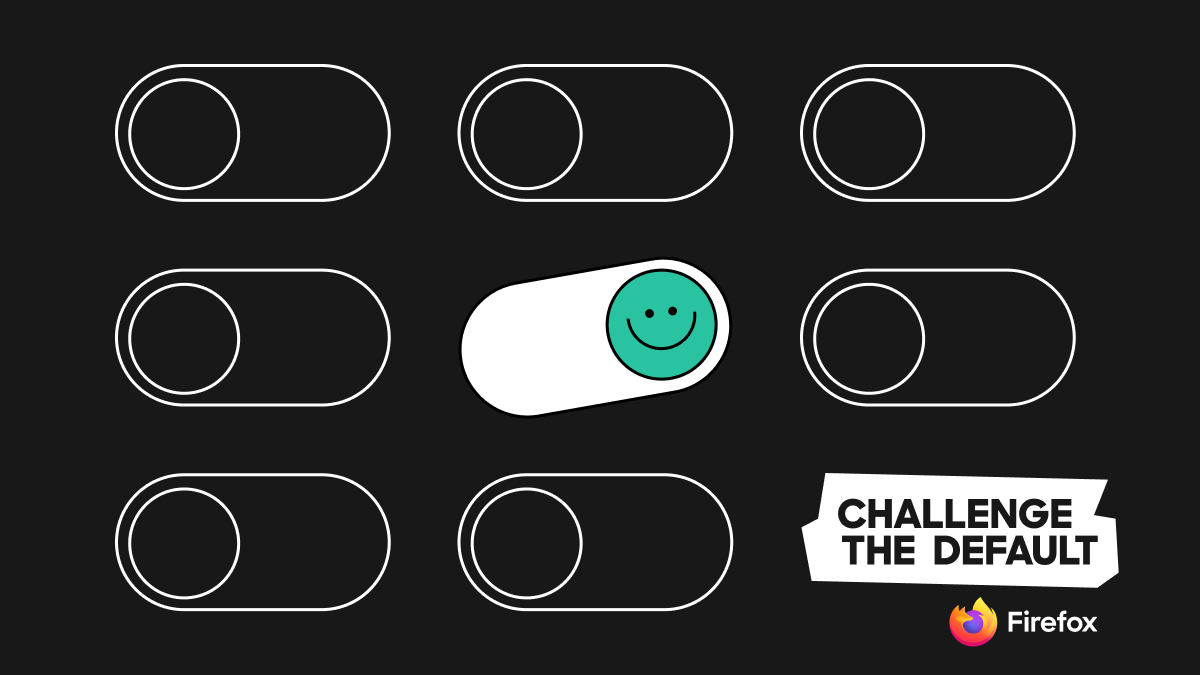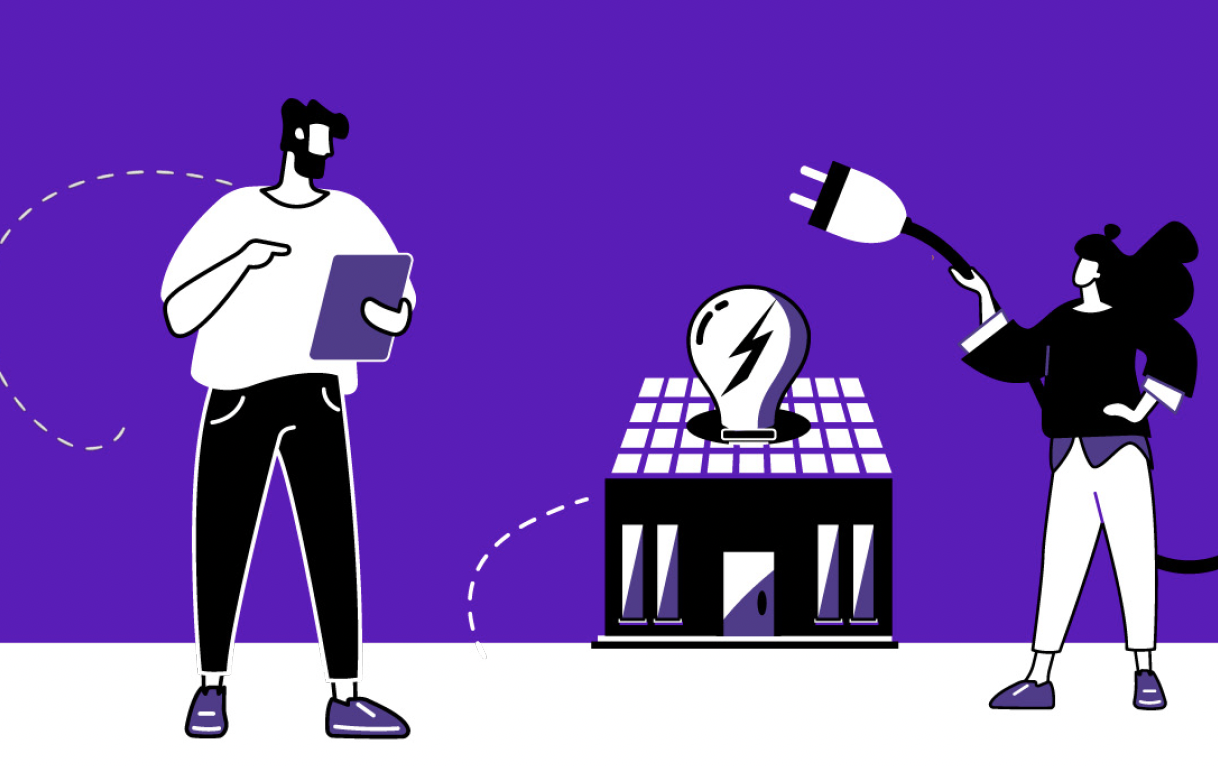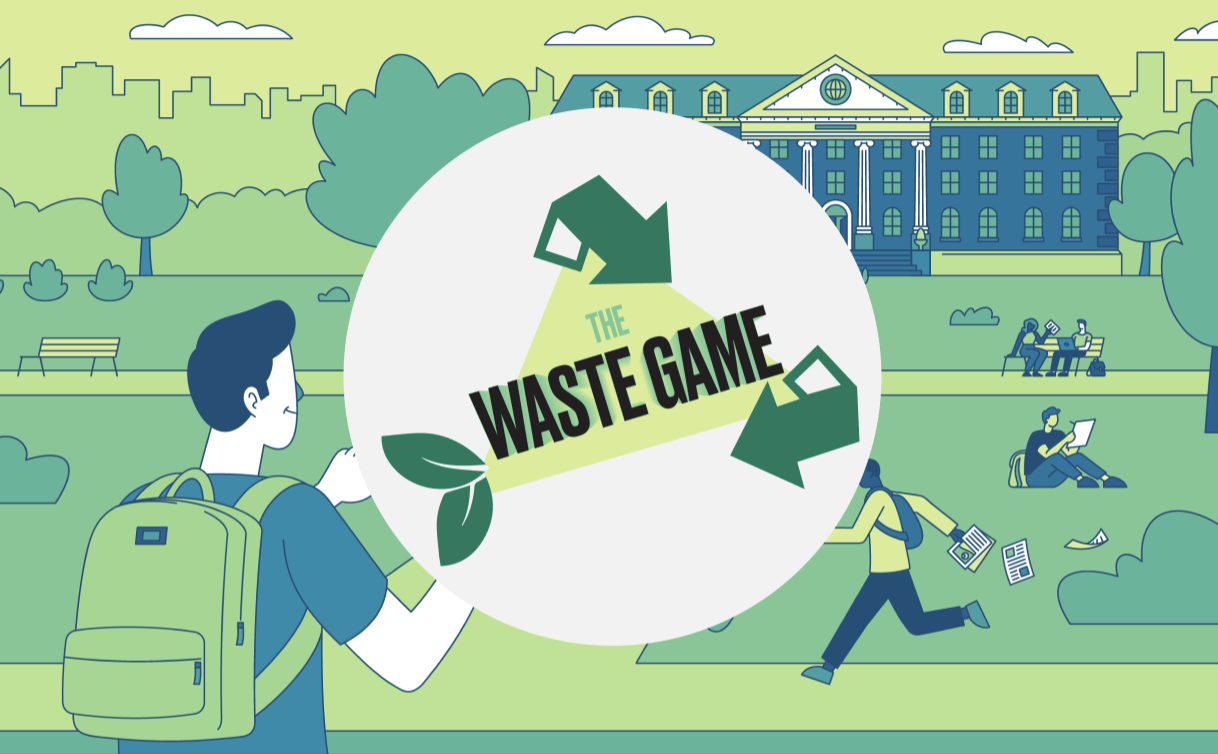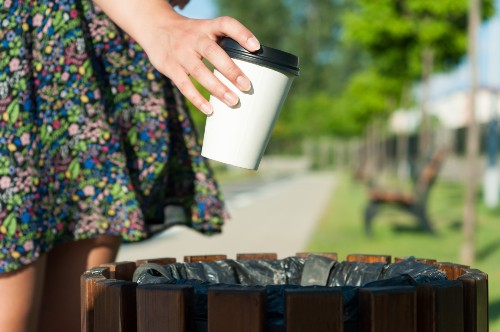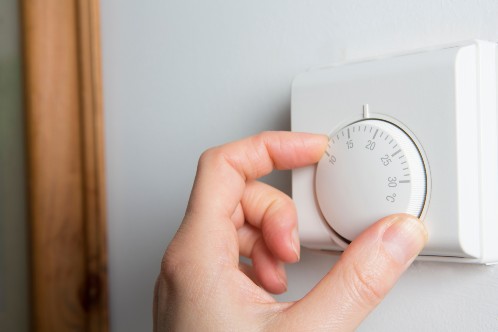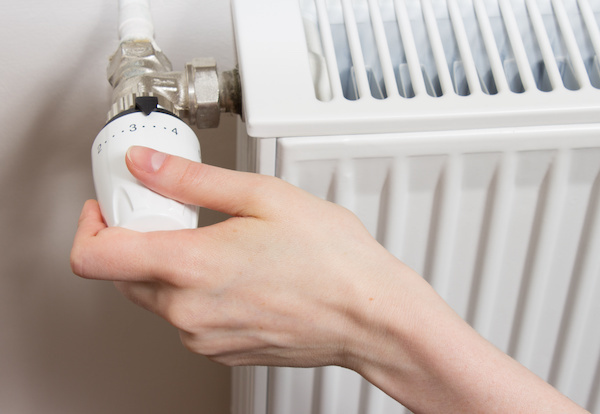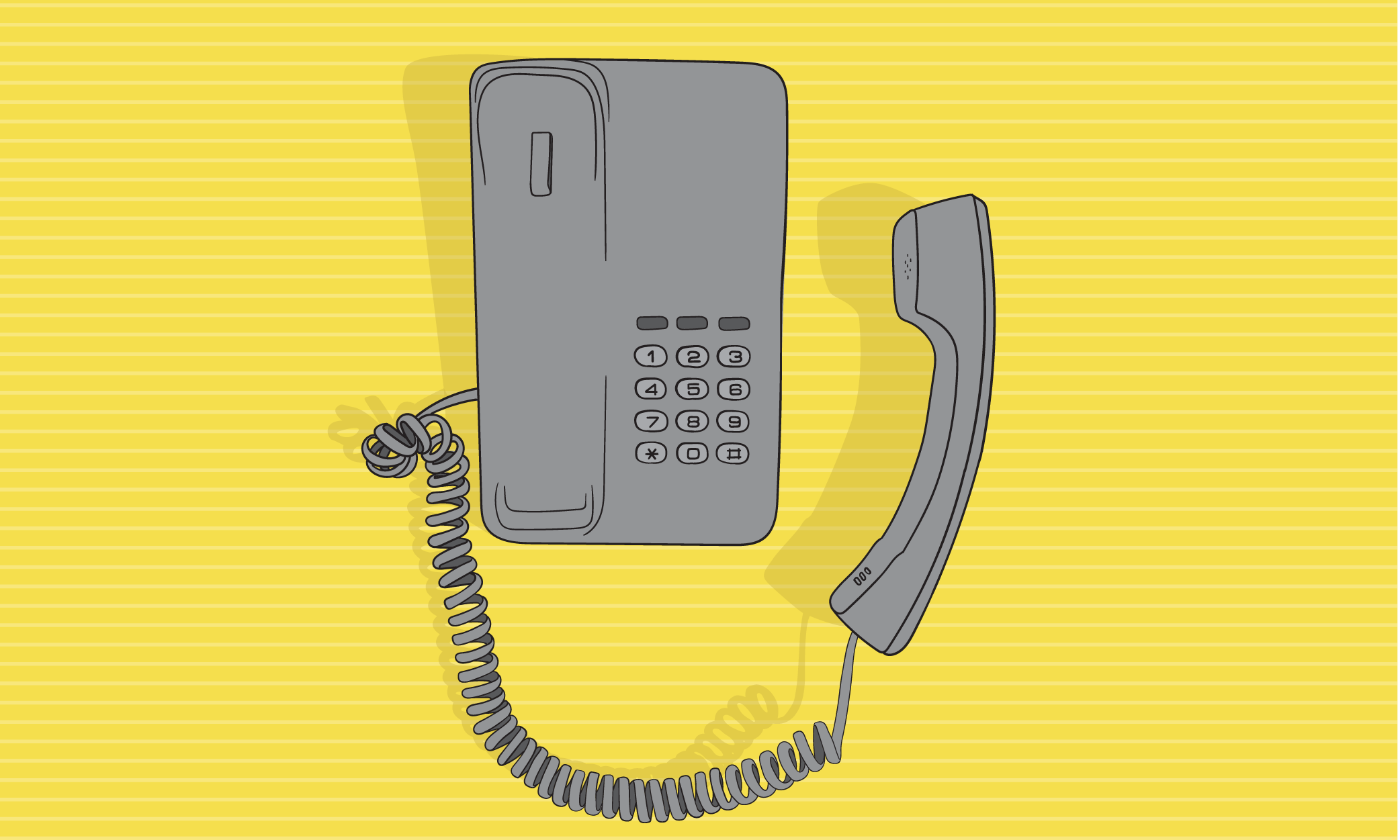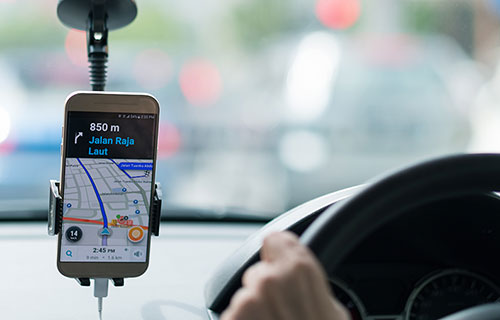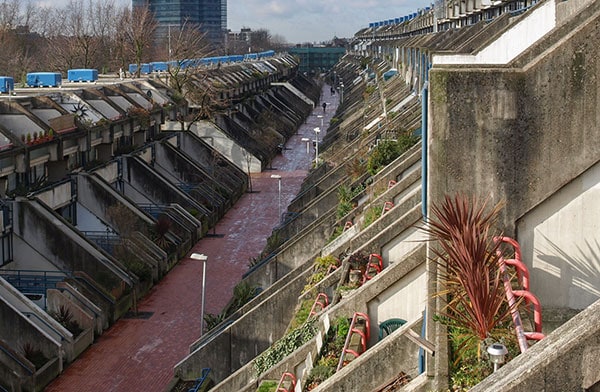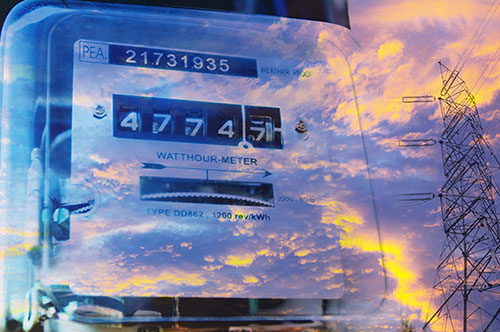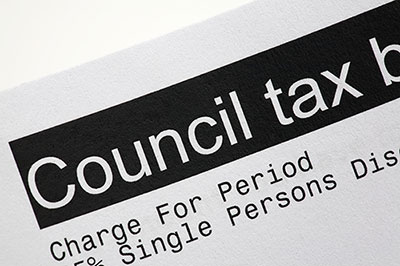Local Government
Share the Warmth: Applying behavioural insights to help manage energy consumption at home
2023
PARTNERS
Local Government Association (LGA)
Share
We developed an online platform to help people learn about energy saving tips and pass on the knowledge to their friends and family.
In 2022, energy prices in the UK rose dramatically. This steep increase posed a challenge for lower- and middle-income households - many of whom were unable to pay their bills on time. Few in this income bracket were able to afford costly energy efficiency improvements, such as installing heat pumps and upgrading their insulation. Additionally, most of these households did not qualify for financial assistance, reserved for people at the far end of the income spectrum.
While there are low-cost and low-effort actions that can help households save hundreds of pounds on their annual energy bills, people often do not know about these actions or do not enact them. They may lack the ability to carry out the actions themselves or simply do not trust the source providing the advice. Furthermore, several behavioural biases make adopting these actions more difficult. For instance, people are inherently reluctant to make any change to their habits and can even hold false beliefs that they have done everything they could to reduce their energy consumption.
To address the issue, we worked with nine local authorities from Kent and Medway and the NHS to understand the barriers preventing low- to middle-income homeowners from engaging in low-cost and low-effort energy saving behaviours. We then co-designed a behavioural intervention alongside the local authorities to help people overcome these key barriers.
Share the warmth, an online platform where people could learn about the most effective energy saving actions.
We collected first-hand data through a residential survey, interviews with experts, and a review of the existing literature. This information allowed us to identify the behavioural barriers that make it hard for low- to middle-income homeowners to cut down on energy consumption. Alongside the nine local authorities from Kent and Medway and the NHS, we co-designed an online platform intervention called Share the Warmth to help households overcome the barriers we identified.
The Share the Warmth behavioural intervention aimed to empower residents to share energy-saving tips with their friends and family, helping everyone reduce their home energy bills. On the online platform, participants could learn about the most effective energy-saving actions, take a short quiz to test their knowledge, and plan whom they could help next.
As part of the project, we ran randomised trials to fine-tune the platform and test what works. For example, we tested different prompts to get residents to commit to sharing the energy advice with others, including prompts that leveraged social norms, altruistic appeals, and ease of implementation.
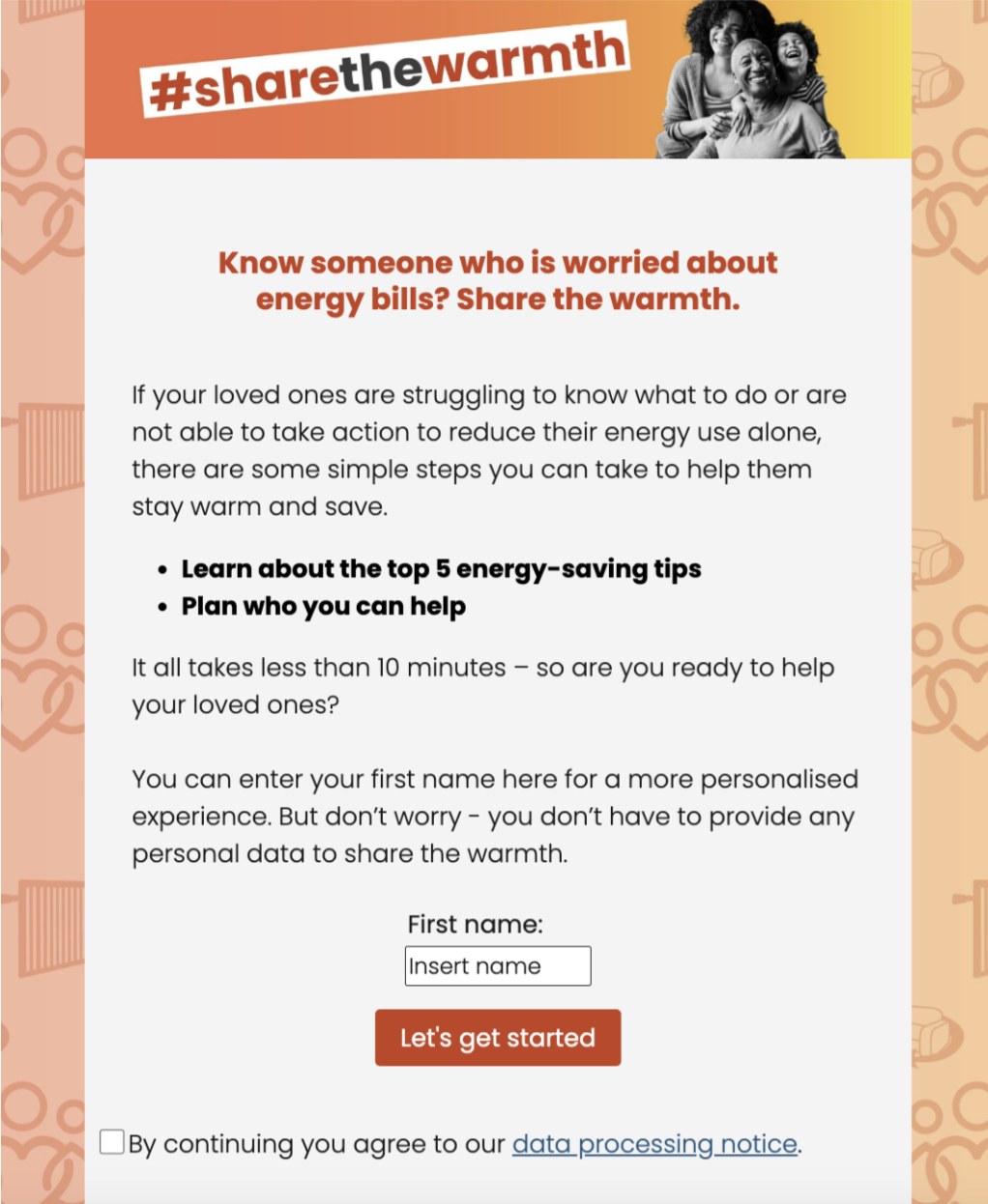
Residents who participated in Share the Warmth appeared to be more likely to help their friends and family.
We found that sharing energy-saving tips significantly positively affects participants' energy-saving knowledge. The treatment group scored, on average, 39% higher than the control group in the knowledge assessment. Interestingly, while most participants only spent a short amount of time reading the tips, it was sufficient to improve their energy-saving knowledge considerably.
We also found suggestive evidence that a social norm-based prompt is more effective in getting participants to commit to sharing energy-saving advice with others. Compared to the prompts which leveraged altruistic appeals and ease of implementation, the norm-based prompt led to 14-18% higher commitment rates.
Additionally, based on self-reported data collected through an evaluation survey, Share the Warmth participants appeared to be more likely to help their friends and family than non-participants. More specifically, we observed that more participants (89%) than non-participants (32%) reported having helped others reduce energy bills during the four weeks that the intervention was live. Participants also reported helping more households on average and having a higher likelihood of helping others in the future.
Together, these findings suggest that Share the Warmth improved residents’ knowledge about energy-saving actions and encouraged them to help their friends and family take action. It is important to note that these findings are only suggestive as survey completion was low.
To co-design this intervention, we conducted a series of workshops to help the consortium of local authorities and the NHS apply behavioural insights.


